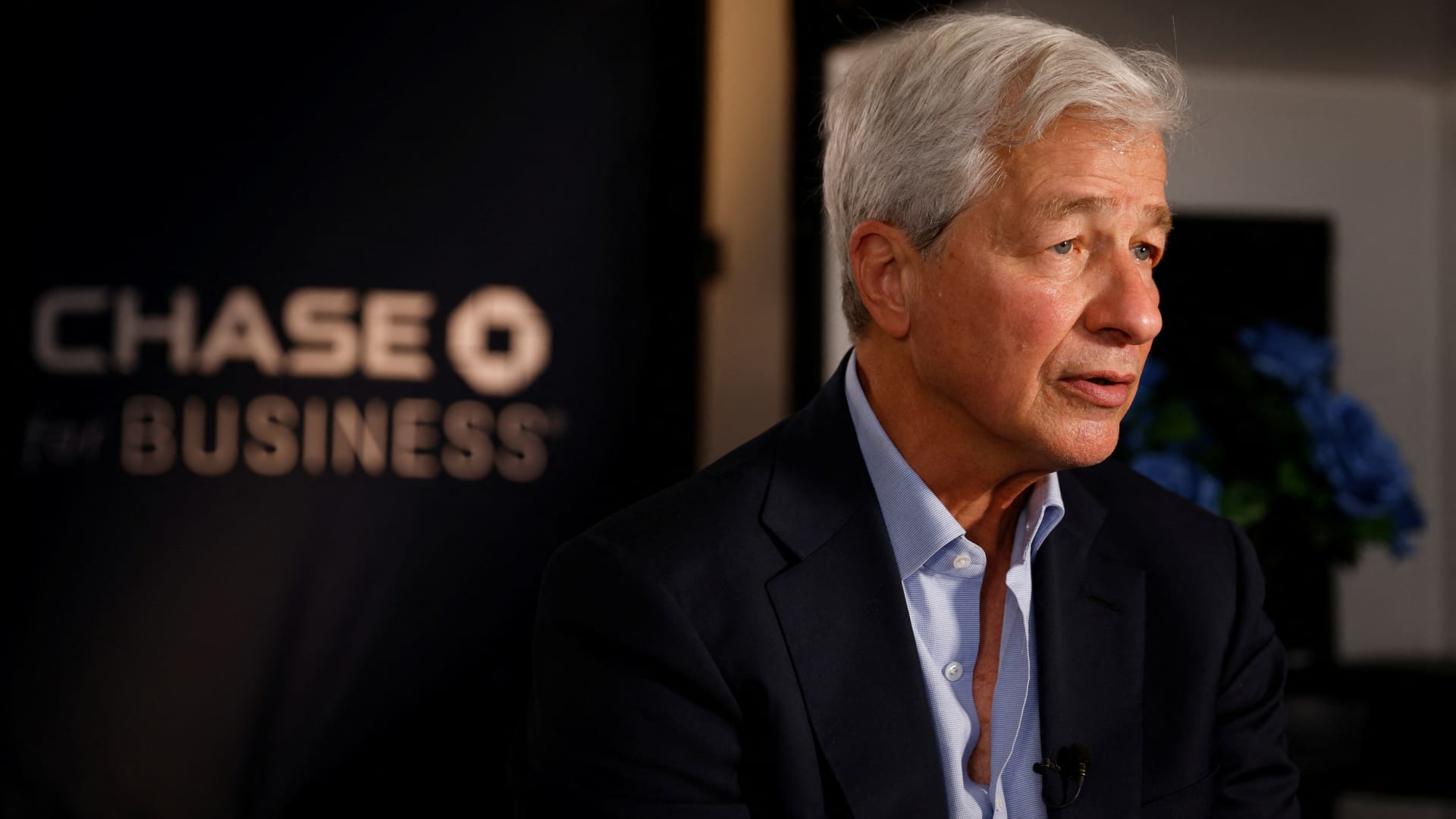There’s an old joke about economists that usually goes along these lines:
Two economists are walking down the street. One of them says “Look, there’s a twenty-dollar bill on the sidewalk!” The other economist says “No there’s not. If there was, someone would have picked it up already.”
There are a few ways to interpret this joke. The one most charitable to economists is to see it as a call for intellectual humility. If you think you see something valuable, just sitting out there in plain view, and for some reason nobody else has noticed it, you should pause and reconsider if things really are as they appear to you. Maybe you’re right and there really is something there, but it’s more likely that your eyes are fooling you.
There is a real kernel of wisdom in this. When someone comes up with what they think is a brilliant new idea, it’s reasonable to ask, “If this really is a great idea, why hasn’t anyone else thought about it or done it?” This question isn’t insurmountable – there are certainly valid answers. After all, every successful innovation comes about from an idea nobody had thought of before or nobody had been able to successfully implement. But it’s worth keeping the question in mind. As Paul Johnson aptly put it:
The study of history is a powerful antidote to contemporary arrogance. It is humbling to discover how many of our glib assumptions, which seem to us novel and plausible, have been tested before, not once but many times and in innumerable guises; and discovered to be, at great human cost, wholly false.
The interpretation of the joke that is less charitable to economists is by painting economists in a Panglossian light – as people whose knee-jerk reaction is to assume that the way things are currently done must be the best way of doing things, because if there was a better way, someone would have already done it. There are certainly some economists out there of whom that might be true.
But I have a somewhat different view of the twenty-dollar bill on the sidewalk metaphor – one that I think bridges these two, and more accurately describes how markets work.
In my understanding, there definitely are twenty-dollar bills on the sidewalk. But here’s the thing – the sidewalk is also really chaotic and dirty. It’s covered with leaves, mud, and clumps of lawn trimmings. It’s very easy for twenty-dollar bills to get mixed up in and covered by all the mess. And at the same time, this makes it very easy for your eyes to play tricks on you, and to think you see a twenty-dollar bill in what turns out to be a patch of leaves.
(On an unrelated note, I really hope there isn’t some international convention against torturing metaphors.)
In this setup, elements of the charitable and uncharitable interpretations are present. In any given case, when someone thinks they see a twenty-dollar bill, they’re probably wrong, and it’s probably their eyes playing tricks on them. So, when you think you see one, it’s worth taking a moment to wonder if things are really as you thought. But at the same time, you can’t just glibly dismiss the possibility by saying if there really was a twenty-dollar bill someone would have already picked it up. After all, it’s hard to actually see where those bills are, so the idea that nobody might have noticed this specific twenty-dollar bill isn’t so implausible.
If your goal is to maximize the amount of bills that are found, you’d want a system that does two things. You’d want people to have a reason to be alert and looking for those bills amidst all the muck, and you’d want to have a way to quickly separate the false positives from the true positives, so people don’t fill their pockets with leaves and mud. And this is exactly what markets do. As Israel Kirzner wrote about extensively, the market process is driven by the entrepreneur, constantly looking for opportunities that have gone unnoticed or unclaimed. This process carries on because such opportunities to spot inefficiencies actually exist. There really are twenty-dollar bills on the sidewalk nobody has (yet) noticed.
But we also need a process that quickly identifies and sorts out the duds and false starts – and that’s what competition and the profit-and-loss system achieves. Most new businesses fail, and most new ideas are terrible, because most of the time when someone thinks they see a twenty-dollar bill their eyes are fooling them. Through entrepreneurship, competition, profits, and losses, markets are a system allowing us to both keep ourselves alert for new opportunities while preventing too many resources from being wasted pursuing dead ends.
For example, maybe there’s a market out there who for people who think “You know, not enough people are spending time taking lighthearted economics jokes way too seriously, and spending hundreds of words overanalyzing them in excessive detail.” That certainly looked like a twenty-dollar bill to me! But maybe I just grabbed a handful of mud and leaves. I’ll let the EconLog readers be the judge of that.
















